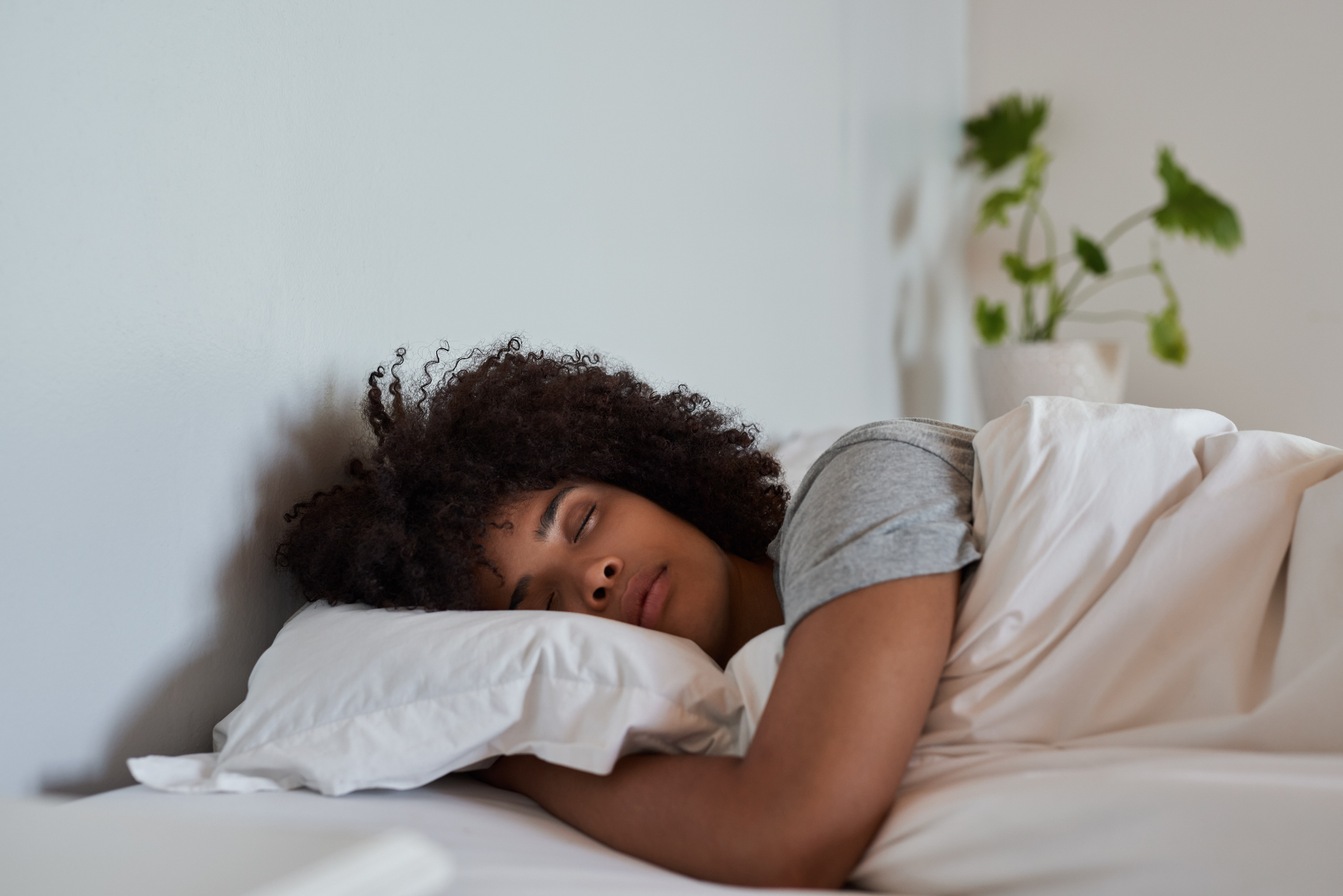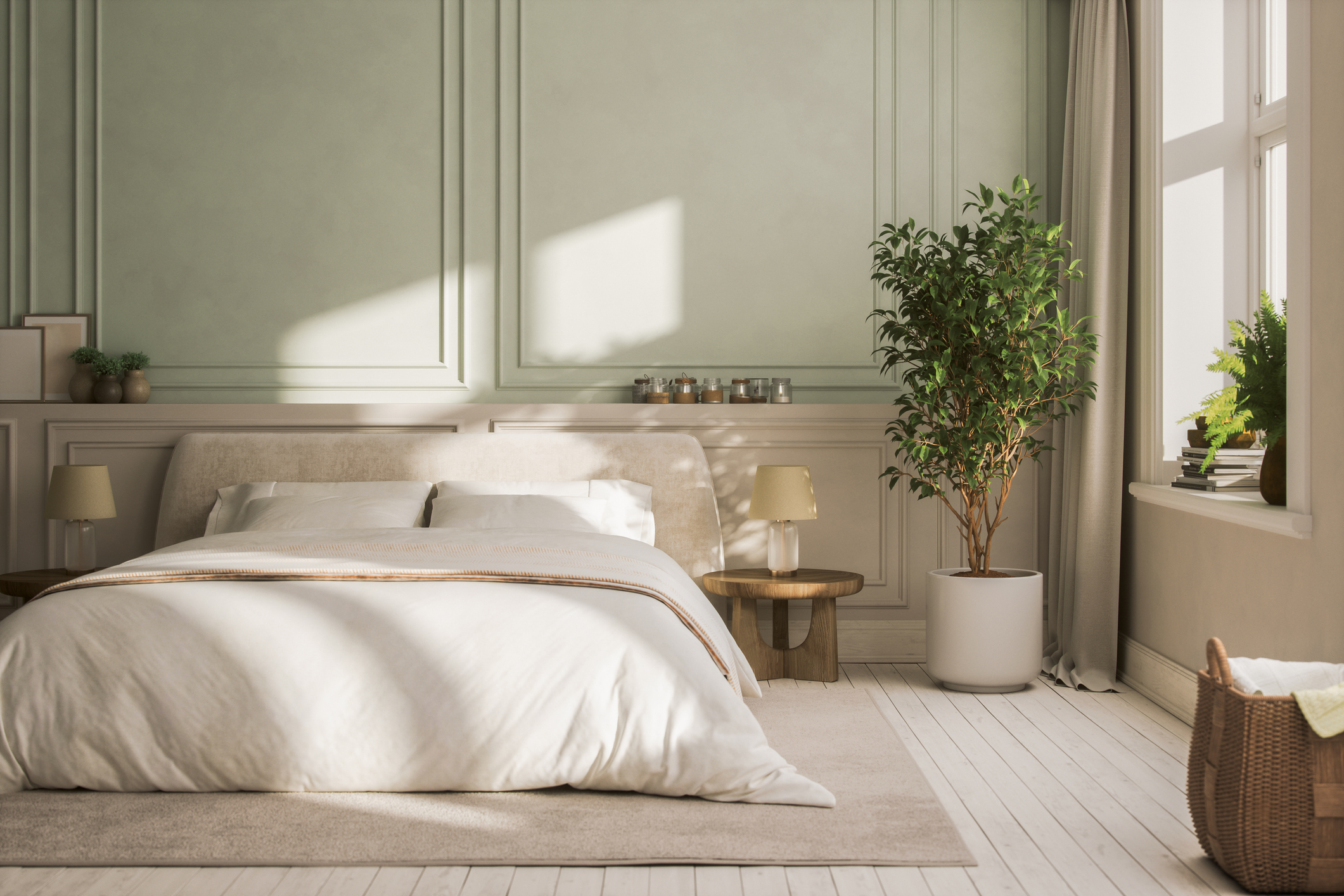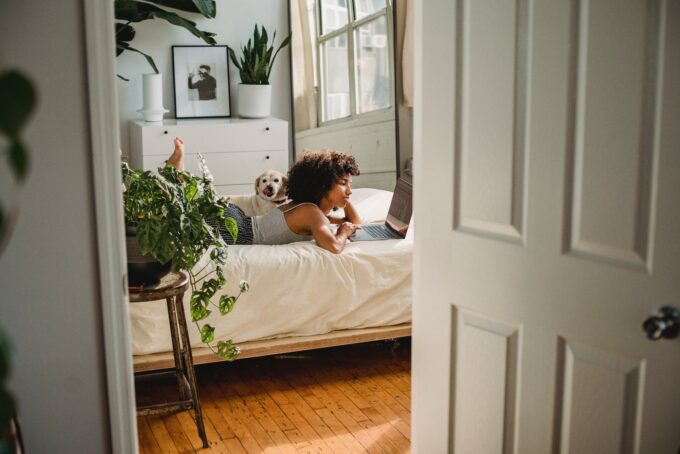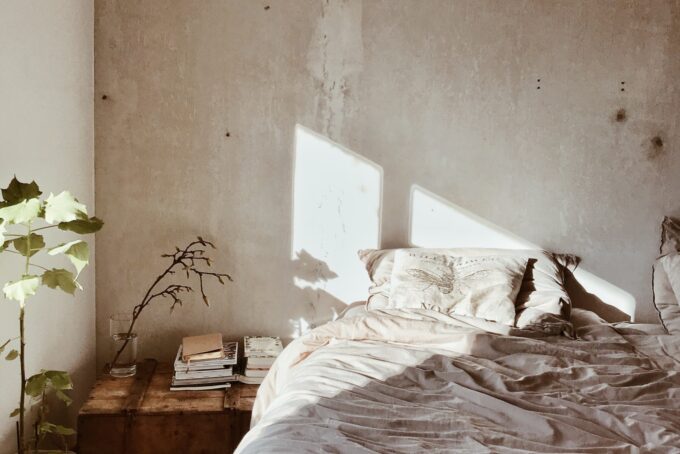How you feel when you wake up in the morning often sets the tone for the day. If you struggle to get through the night with so much tossing and turning, a lot of factors could be playing a major role. But what if the problem is in your bedroom itself? You might not realize what external factors are affecting your ability to get a good night’s rest. Here are some small changes you can make to organize your room and improve your sleep.
The Importance of Quality Sleep
Adequate sleep isn’t just about feeling refreshed in the morning; it’s essential to your well-being. It is a third of your life, after all! Research shows that quality sleep is essential for cognitive function, mood regulation, immune system support, and even weight management. We live in a world where stress and anxiety are everywhere, so your bedroom should be that one space in your home you can retreat to for safety and relaxation. By optimizing your bedroom environment, you can create a setting for rejuvenating sleep, allowing you to tackle each day with vitality and vigor.

How To Organize Your Room for Sleep
You’re only five steps away from better sleep. Here’s how to do it.
1. Declutter your space, declutter your mind.
Decluttering your bedroom isn’t just about looking put together, it helps ease your mind from having to process the mess around it. Our brains are always “on,” so even if you feel like you can thrive in chaos, you’re making your brain work without realizing it. Why create unnecessary stress by having a mess be the last thing you see at night and the first thing you see in the morning? Take a look at what’s attracting your attention and start there, such as picking up stray pieces of laundry or clearing up your nightstand of cups and knick-knacks.
2. Let there be light (but not too much).
Light plays a major role in regulating your body’s internal clock. Exposure to natural light during the day helps synchronize your circadian rhythm, promoting alertness and vitality. However, when evening falls, it’s time to dim the lights and create a soothing ambiance. Invest in blackout curtains or shades to block out intrusive light sources and create a cocoon of darkness conducive to sleep. Additionally, choosing soft, warm lighting in the bedroom can signal to your brain that it’s time to wind down. Avoid harsh overhead lights or bright screens, as they can disrupt your body’s natural sleep-wake cycle.

3. Choose the right mattress and bedding.
Having a quality mattress that matches your individual sleeping style should be a top priority. Whether you prefer memory foam, innerspring, or hybrid mattresses, prioritize comfort and durability when making your selection. If splurging on a new mattress isn’t in the budget, memory foam toppers can make a world of a difference in your comfort.
Additionally, don’t overlook the importance of high-quality bedding. Opt for breathable fabrics like cotton or linen that promote airflow and regulate body temperature throughout the night. A cozy duvet, plush pillows, and soft sheets can elevate your sleep experience to cloud-like levels, ensuring you wake up feeling refreshed and rejuvenated each morning.
4. Place electronics mindfully.
We’ve all been guilty of scrolling through our phones or watching TV before bedtime, and at this point, we’re all aware that the blue light emitted by screens can disrupt your sleep cycle. Blue light suppresses the production of melatonin, the hormone responsible for regulating sleep-wake cycles, making it harder to fall asleep and stay asleep.
To promote better sleep hygiene, create a designated tech-free zone in your bedroom and banish electronics from the vicinity of your bed. Instead of scrolling through social media or binge-watching your favorite show, opt for relaxing activities like reading a book, practicing mindfulness, or listening to calming music.
5. Embrace calming scents.
Aromatherapy isn’t just a spa-day indulgence; it’s a powerful tool for promoting relaxation and enhancing sleep quality. Certain scents, such as lavender, chamomile, and jasmine, have been shown to have calming and sedative effects on the body, helping to reduce stress and anxiety and promote better sleep. Whether through essential oil diffusers, scented candles, or linen sprays, infuse your bedroom with soothing fragrances to create a sensory haven for relaxation. Take a few deep breaths and inhale the calming aroma as you unwind and prepare for sleep.
popular posts
- 1It’s Black Business Month, So Let’s Go Shopping and #BuyBlack!
- 2These Home Decor Items Will Instantly Make Your Space Look Outdated
- 3Black-Owned Home Decor Stores To Support Across the United States
- 4A Look Inside Elon Musk's Tiny $50,000 House
- 57 Black and Multicultural Designers To Follow For Design Inspo
Organize
Elevate your home’s allure and alleviate stress with these decluttering need-to-knows
Spaces
Whether it’s luxury or ease, every area of your home should be as fabulous and unique as you.

Ready for a Bedroom Makeover? Check Out These 8 Fabulous Buys
by Arielle Clay | January 19, 2023
FOLLOW ALONG ON INSTAGRAM
#homeandtexture
Find us on social for more home inspiration where culture, personal style, and sophisticated shopping intersect to help you create a home where you love to live.







